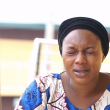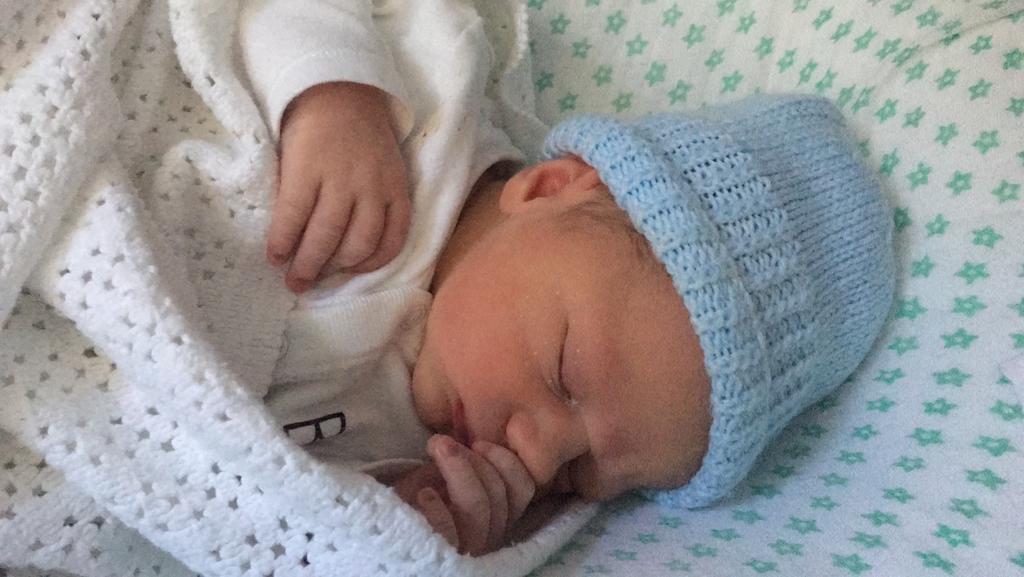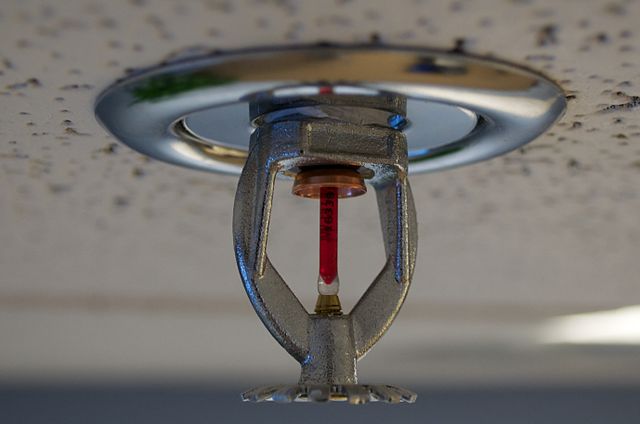Campaigners are calling for a radical shake-up of education and awareness amongst health professionals about a condition that is more common than diabetes.
Endometriosis is a chronic condition in which tissue similar to the lining of the womb grows in other places, such as the ovaries, fallopian tubes and bladder.
It affects one in ten women worldwide and has no known cure. In the UK alone there are more than 1.5 million women who have be diagnosed.
Keisha Meek, founder of National Endometriosis Survivors Support, was officially diagnosed with endometriosis at age 21 but suffered from symptoms since she was 11-years-old.
“I was told they thought I had endometriosis at age 18 but I didn’t know what it was,” said Meek.
“Even though I was diagnosed, there were a lot of back and forth trying to get referrals [to a specialist]. There was a period where nobody was listening to me. I was in the doctors every week asking, ‘please can you refer me’.”
Meek believes a lack of education and awareness amongst health specialists led to her being misdiagnosed multiple times.
“When I was 16, they kept telling me I had IBS. Even after I was diagnosed, I was told the same issue – that I had IBS. They sent me to an IBS clinic but in 2019 my endometriosis specialist went in and I actually had endometriosis on my bowel.”
Gynaecologist and endometriosis expert Dr Ramiro Cabrera said, “The problem with endometriosis is the lack of education in doctors and in patients.
“The problem in many European countries is that the that the first approach to patients is a General Practitioner unless you go to a private practice.
“If someone is suspected to be with endometriosis, she should be seen by a specialist. She should not go to a General Practitioner. She should not go to a normal gynaecologist. She should go straight to an endometriosis expert.”
Dr Cabrera added, “The future for endometriosis is something I have already spoken about with many of my professors around the world. We are trying to raise mass awareness. There are more than 200 million people around the world in poorer countries that cannot be reachable and where women cannot go through all the processes to be diagnosed.”
Meek agreed that those who are diagnosed with endometriosis should be referred straight to the endometriosis centre. “They [GPs] don’t have the knowledge or expertise to deal with the disease, it’s quite a complex disease. That’s why there are specialist centres.”
NHS Digital data shows there were around 290 hospital admissions with a main diagnosis of endometriosis in the Dorset clinical commissioning group (CCG) area in 2019-20 — up from 245 the year before.
According to the Endometriosis APPG Report, people suffering with endometriosis wait an average of eight years for a diagnosis, despite more than 58% visiting their GP 10 or more times with symptoms and 53% visiting A&E with symptoms.
Actress Charlotte C Carroll shined a light on the effects of endometriosis and the complications it can cause during pregnancy in her new documentary film, ‘The Topic’.
“My experience in the hospital made me realise that I knew nothing so, as I was being diagnosed with an eptopic pregnancy, which is a high risk for women with endometriosis, I wanted to shed light on what actually happens,” said Carroll. “We must keep talking about it and sharing our thoughts.”








